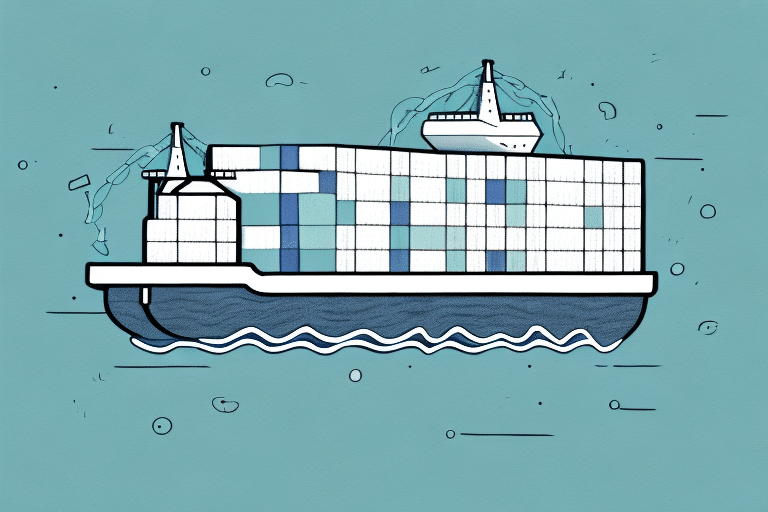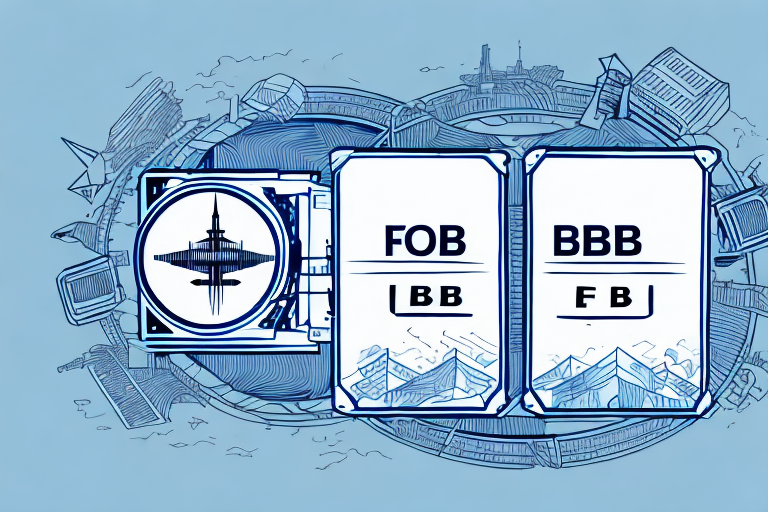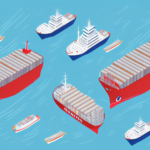Understanding Cargo Insurance
Cargo insurance is essential for businesses involved in the transportation of goods. It offers protection against potential losses or damages that can occur during transit by land, sea, or air. By securing a cargo insurance policy, businesses can mitigate the financial risks associated with the loss, theft, or damage of their goods, ensuring continuity and stability.
Basics of Cargo Insurance
At its core, cargo insurance covers the loss or damage to goods while they are being transported from the seller to the buyer. This includes various modes of transportation, such as road, rail, air, and sea. The most common types of cargo insurance are:
- All-Risk Cargo Insurance: Provides comprehensive coverage against all types of risks unless explicitly excluded in the policy.
- Named Perils Cargo Insurance: Covers only the risks listed in the policy, such as fire, theft, or natural disasters.
Coverage Provided
A comprehensive cargo insurance policy typically covers:
- Loss or theft of cargo
- Damage due to accidents, collisions, or rollovers
- Natural disasters like hurricanes, floods, or earthquakes
- Perishables, if they are part of the insured goods
However, it's crucial to understand that not all policies are the same. Some may exclude certain types of cargo or specific scenarios, so it's essential to review policy terms carefully.
Factors Influencing Cargo Insurance Costs
The cost of cargo insurance premiums is influenced by several factors that assess the risk associated with transporting your goods. Key factors include:
Type and Value of Cargo
The nature and worth of the cargo play a significant role. High-value items such as electronics, machinery, or luxury goods typically attract higher premiums due to the increased risk of loss or theft.
Mode of Transportation
Different modes of transport carry varying levels of risk. For instance:
- Air Freight: Generally more expensive to insure due to the higher costs and expedited nature of transport.
- Sea Freight: Prone to risks like piracy or severe weather conditions, potentially leading to higher premiums.
- Land Transport: Risks include accidents, road conditions, and security, influencing insurance costs accordingly.
Origin and Destination
The starting point and final destination of the shipment affect insurance costs. Routes passing through regions with high rates of theft, piracy, or natural disasters may incur higher premiums. Additionally, longer distances typically result in higher insurance costs due to the increased exposure time.
Packaging and Handling
Properly packaged goods are less susceptible to damage, which can lower insurance premiums. Using high-quality packaging materials and adhering to best practices in handling can significantly reduce the risk, potentially leading to discounts on premiums.
Choosing the Right Cargo Insurance Policy
Selecting an appropriate cargo insurance policy involves evaluating your business's unique needs and the specific risks associated with your shipments. Consider the following steps:
Assess Your Needs
Identify the types of goods you transport, their value, the usual routes, and modes of transportation. Understanding these factors will help in selecting a policy that offers the necessary coverage.
Compare Providers
Research and compare offerings from reputable insurance providers. Look for companies with strong financial ratings and positive customer reviews. Companies such as Allianz, AXA, and AIG are recognized for their robust cargo insurance products.
Review Coverage Limits and Exclusions
Ensure that the policy covers the full value of your cargo and includes protection against the specific risks pertinent to your shipments. Pay attention to any exclusions that might leave your goods vulnerable.
Consult with Experts
Engage with insurance brokers or consultants who specialize in cargo insurance. They can provide insights and help negotiate the best terms tailored to your business needs.
Calculating Cargo Insurance Premiums
The premium for cargo insurance is determined by evaluating the risk factors associated with your shipment. Here's how premiums are typically calculated:
Assessing Risk
Insurance companies assess the likelihood of loss or damage based on factors like cargo type, transportation mode, route, and handling procedures. Higher risk factors result in higher premiums.
Cargo Valuation
The total value of the goods being insured directly influences the premium. Accurately declaring the value ensures adequate coverage and prevents issues during claims.
Deductibles and Coverage Levels
Opting for a higher deductible can lower your premium costs. However, this means you'll be responsible for a greater portion of any loss or damage. Balancing deductible levels with coverage needs is essential.
Usage of Data and Analytics
Modern insurance providers utilize data analytics to more accurately predict risks and set premiums accordingly. This ensures that premiums reflect the actual risk profile of the shipment.
Strategies to Save on Cargo Insurance
While cargo insurance is a necessary expense for protecting your goods, there are strategies to minimize the associated costs:
Proper Packaging and Labeling
Ensuring that your cargo is well-packaged and correctly labeled reduces the risk of damage and loss, leading to potential discounts on insurance premiums.
Select Reliable Carriers
Choosing carriers with excellent safety records and secure transportation methods can lower insurance costs. Reliable carriers are less likely to experience incidents that could lead to claims.
Combine Insurance Policies
Bundling cargo insurance with other types of insurance policies (like property or liability insurance) may qualify for discounts, reducing overall premium costs.
Implement Risk Management Practices
Investing in security measures such as GPS tracking, surveillance cameras, and secure storage facilities can lower the risk of loss or damage, resulting in lower insurance premiums.
Avoiding Common Cargo Insurance Mistakes
Securing cargo insurance incorrectly can leave your business exposed to financial risks. Avoid these common mistakes:
- Underinsuring Cargo: Failing to adequately declare the value of your goods can result in insufficient coverage during claims.
- Ignoring Policy Exclusions: Not understanding what is excluded can leave you vulnerable to certain risks.
- Assuming Carrier's Insurance is Sufficient: Carrier-provided insurance may not cover all risks or the full value of your cargo.
- Delayed Claim Filing: Not filing claims promptly can jeopardize their validity.
Ensuring Comprehensive Coverage
Review your insurance policy thoroughly to ensure it covers all potential risks associated with your shipments. Consult with your insurance provider to clarify any uncertainties before finalizing the policy.
Filing a Claim and Choosing Providers
How to File a Claim
If you experience loss or damage to your cargo, follow these steps to file a claim effectively:
- Notify Your Insurance Provider: Inform them about the incident as soon as possible.
- Gather Documentation: Collect necessary documents such as the bill of lading, invoices, and photos of the damage.
- Submit a Detailed Report: Provide a comprehensive account of what happened, including any third-party reports if applicable.
- Follow Up: Maintain communication with your insurer to track the progress of your claim.
Selecting Top Cargo Insurance Providers
Choosing a reputable insurance provider is crucial for reliable coverage and smooth claims processing. Some of the top cargo insurance providers include:
Conduct thorough research and consult reviews to ensure you select a provider that aligns with your business needs and offers reliable support.
The Importance of Adequate Coverage for Your Business's Needs
Having adequate cargo insurance is not just a precaution; it's a business necessity. Adequate coverage ensures that your business can recover from unexpected losses without severe financial strain.
Protecting Financial Interests
In the event of cargo loss or damage, sufficient insurance coverage allows your business to claim the full value of the goods, preserving your financial stability and enabling continued operations.
Compliance with Legal Requirements
Some regions and industries mandate specific cargo insurance requirements. Ensuring your policy complies with these regulations prevents legal complications and potential fines.
Customer Trust and Business Reputation
Demonstrating that you have comprehensive insurance coverage builds trust with clients and partners, enhancing your business reputation and reliability in the market.
Regularly reviewing and updating your cargo insurance policy is essential as your business grows and evolves, ensuring ongoing protection against emerging risks.






















